On Wednesday 13 November 2024, the SLIDE project organized the Social Hackathon ‘Digital Bridges and Gaps in Society’. Eleven student teams engaged in a full day thinking, collaborating and experimenting to solve digital inclusion challenges of nine community partners from all over Europe. Check out what they did and how they fared!
A hybrid Social Hackathon?
A social hackathon is an event that brings together people, typically from diverse backgrounds and expertise, to collaborate on solving social issues or creating projects that positively impact society. Participants work together in teams to develop innovative solutions, often using technology, healthcare, education, poverty, environmental and sustainability challenges, and more. Social hackathons are a way to harness a community’s collective creativity and skills to drive positive change.
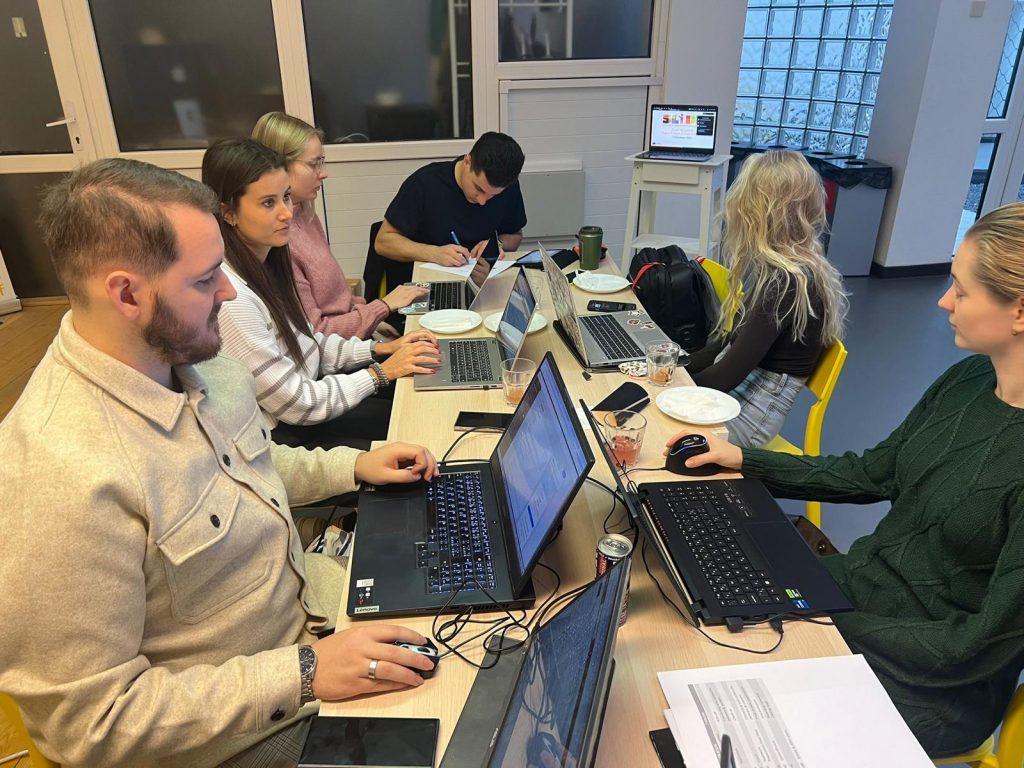
Social hackathons have the potential to create a tangible and meaningful impact on society by addressing social challenges and creating solutions that can benefit communities and individuals. Hackatons are known to foster innovation and entrepreneurship, and they encourage students to think outside the box, come up with creative solutions, and experiment with new technologies. Student social hackathons can address pressing social issues in local communities and beyond. By tackling these challenges, students can make a meaningful impact and contribute to positive societal change.
The SLIDE project team believes that a hybrid social hackathon is a great method for students to become engaged in a short term service-learning experience on an international level. Because of the digital dimension, we were able to connect students, community partners and experts from all over Europe. This international dimension fosters innovation and creativity.
The SLIDE Social Hackathon: Digital Gaps & Bridges in Society
The SLIDE Social Hackathon took place on Wednesday 13 November 2024. Since the aim of the SLIDE project is to strive for empowerment of students and community partners through service-learning, we decided to focus on the topic of ‘digital inclusion’ for this first pilot event.
11 student teams from 7 different European universities participated in the event:
- Mosaic Strategies, Rotterdam School of Management, Erasmus University (Netherlands)
- Favourites, University College of Teacher Education in Vienna (Austria)
- IDEAS, University of Zagreb (Croatia)
- Mr. Robot, University of Zagreb (Croatia)
- ImpactHER, LUMSA University of Rome (Italy)
- NextGen Thinkers, LUMSA University of Rome (Italy)
- EDUGamers, National University of Science and Technology Politehnica Bucharest (Romania)
- DigitalGuardians, Matej Bel University (Slovakia)
- ChangeMakers, Matej Bel University (Slovakia)
- Saving Vechta Tomorrow, University of Vechta (Germany)
- Vechta Visionaries, University of Vechta (Germany)
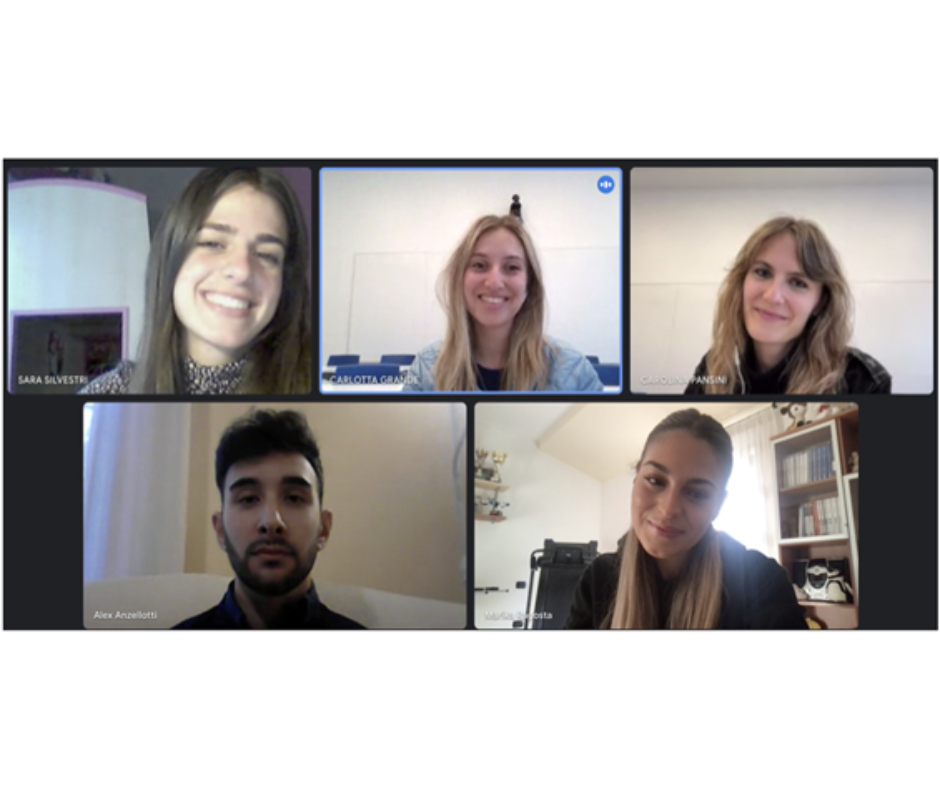
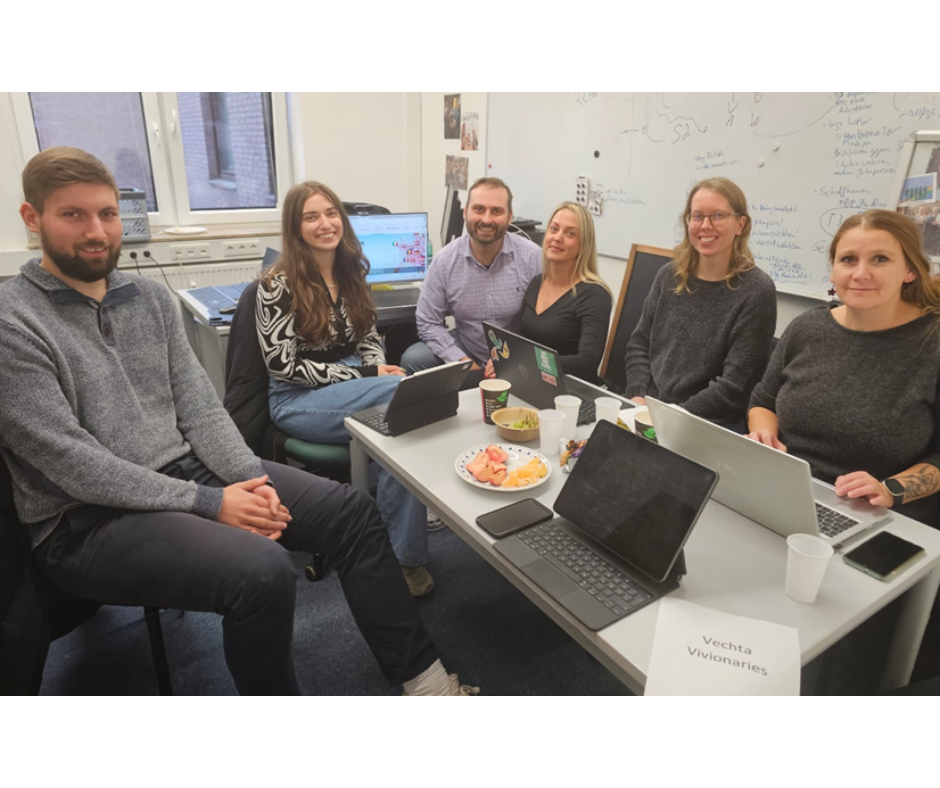
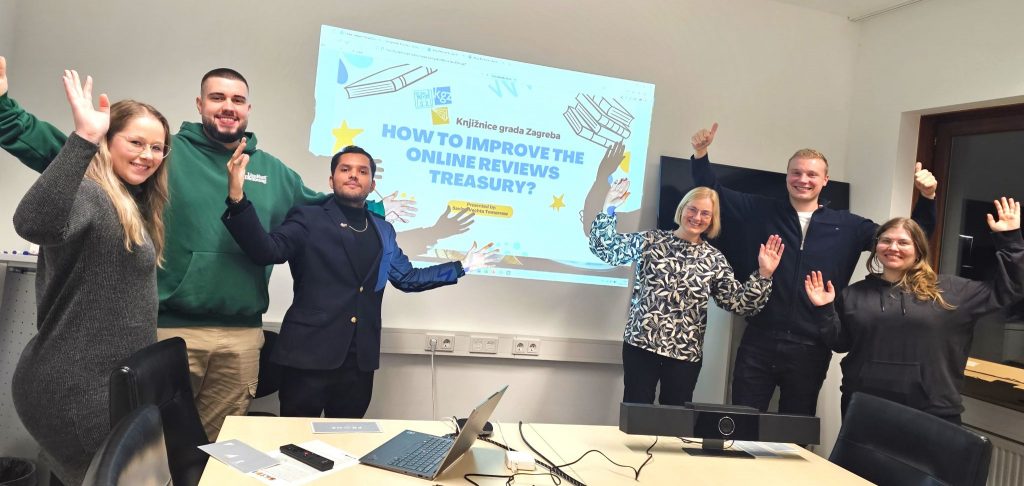
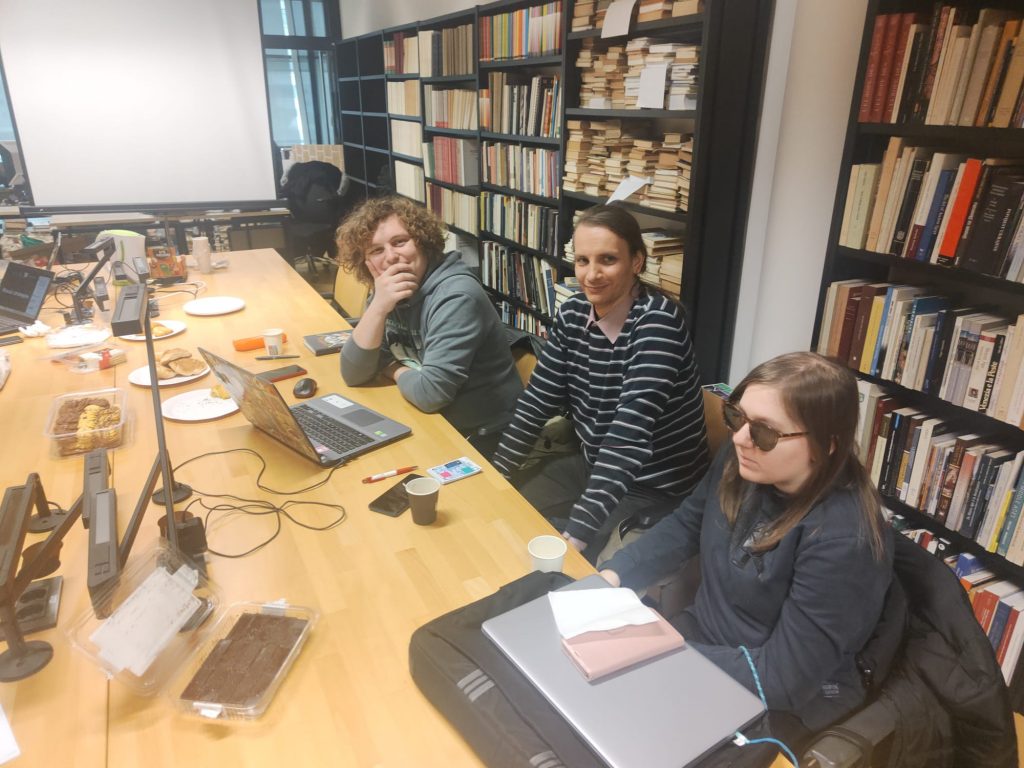
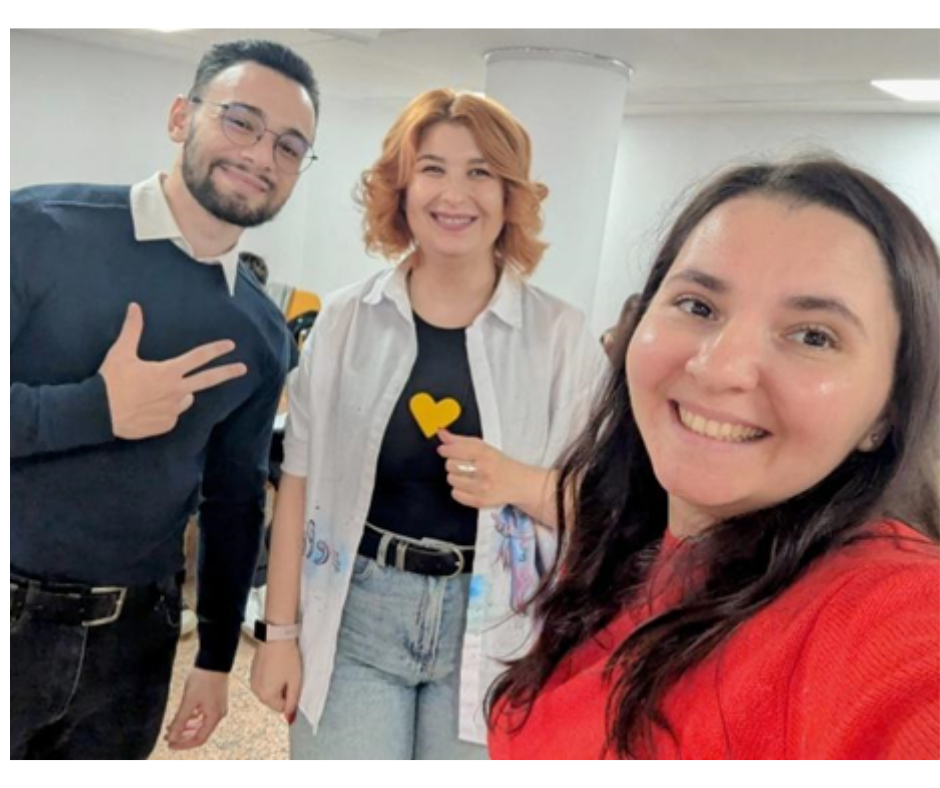
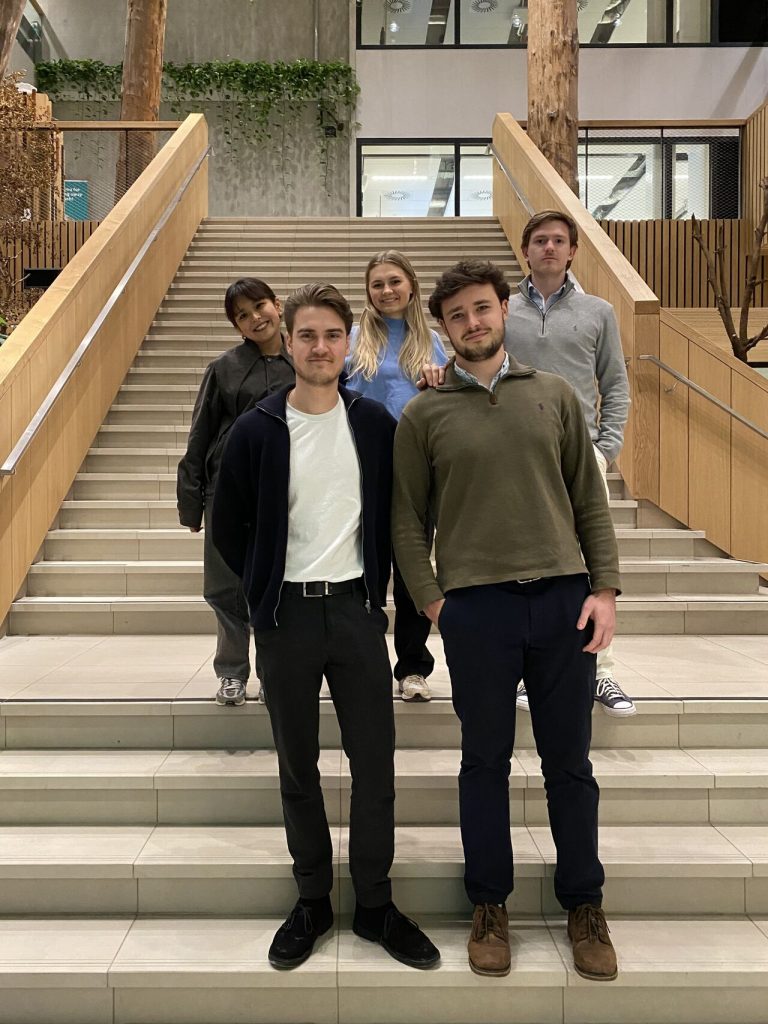
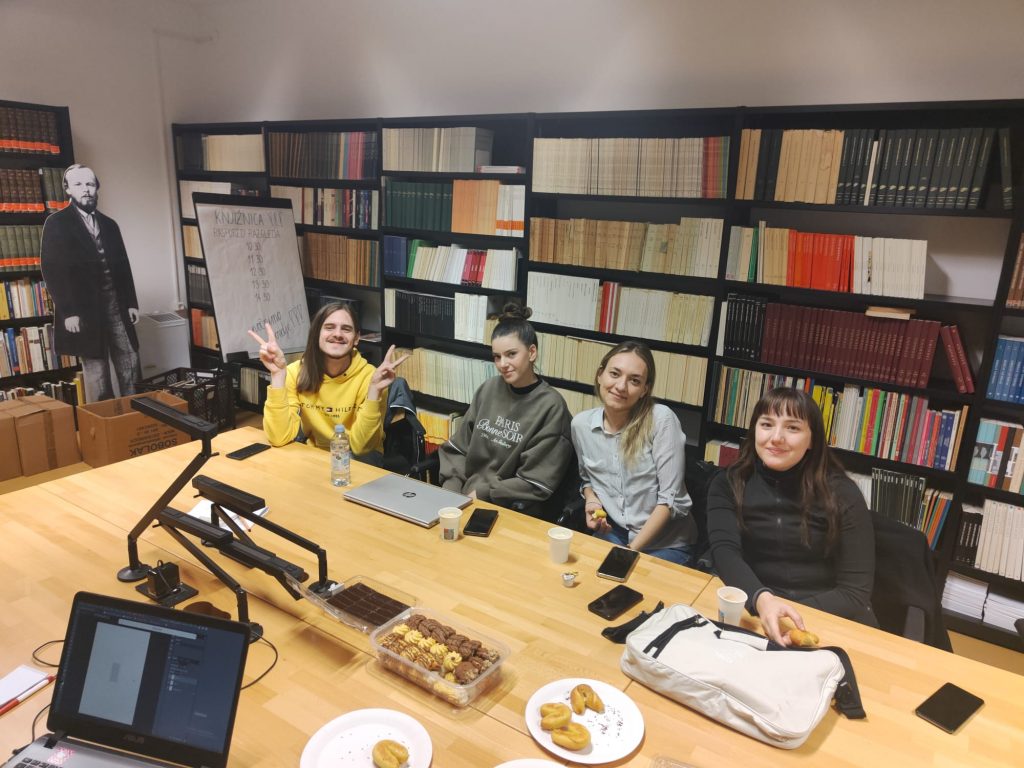
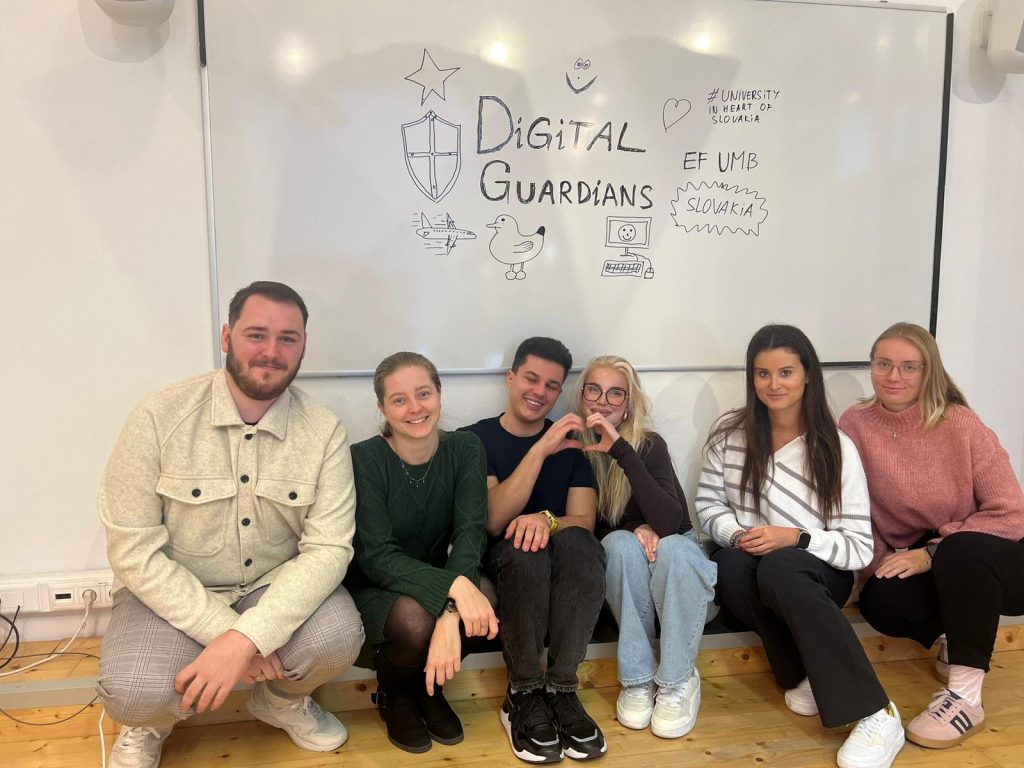
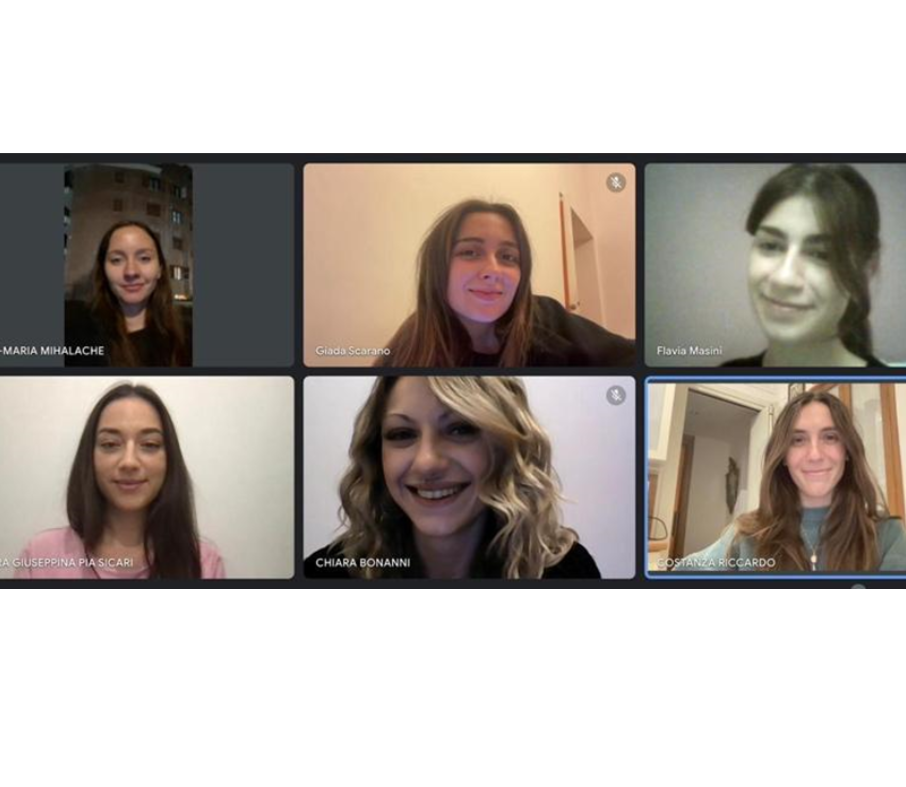
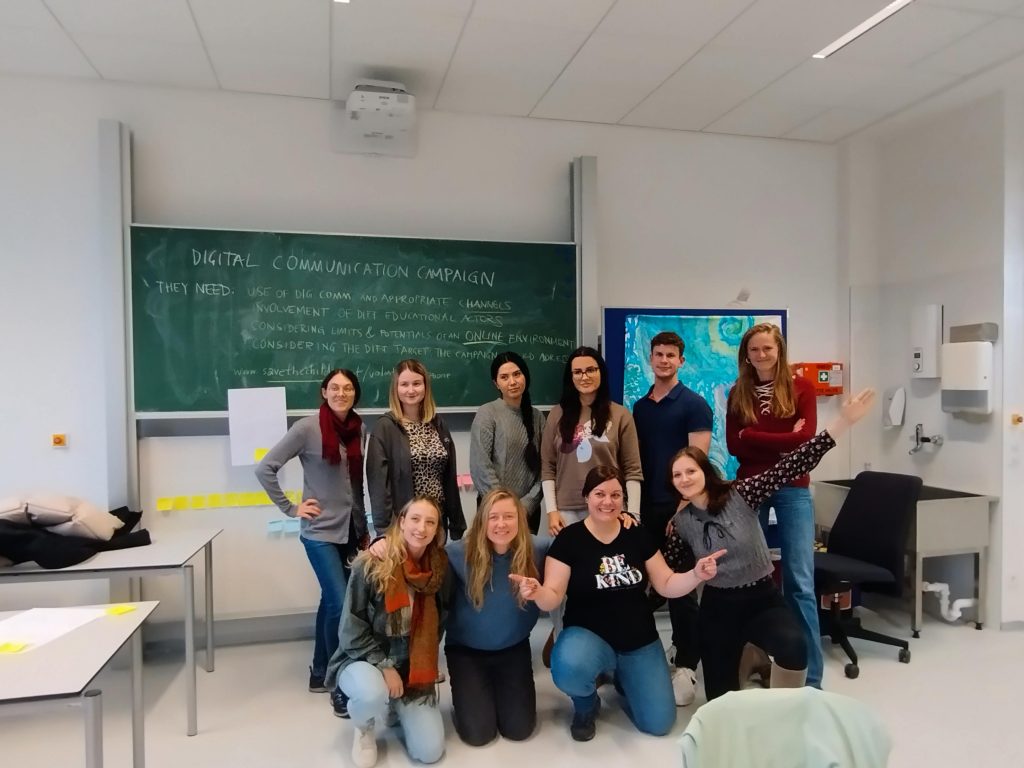
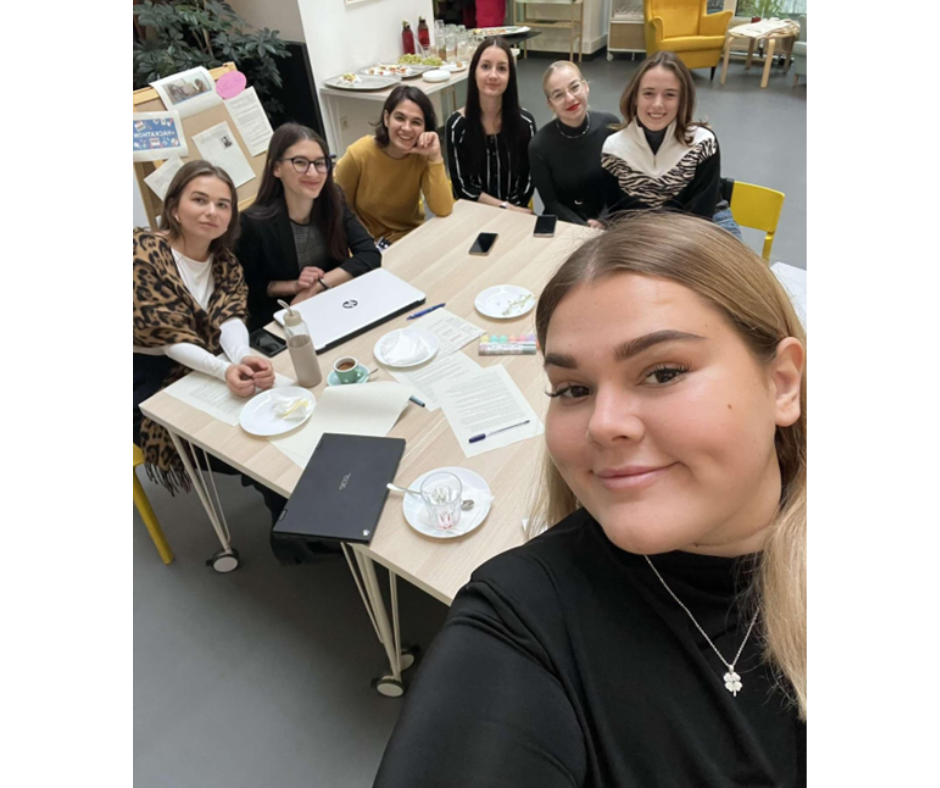
The student teams worked together in multidisciplinary teams to solve social challenges focused on the topic of digital inclusion, proposed by communty partners from all over Europe. During the event, the students connected online with community partners and other student teams, and were coached by international mentors.
And the winner is…
The student team Saving Vechta Tomorrow from the University of Vechta in Germany took away the first prize! The team proposed a new way to make the Online Review Treasury of the Zagreb City Libraries more attractive and usable for children and youngsters. The jury awarded their work for its creativity and sensitivity to the target audience.
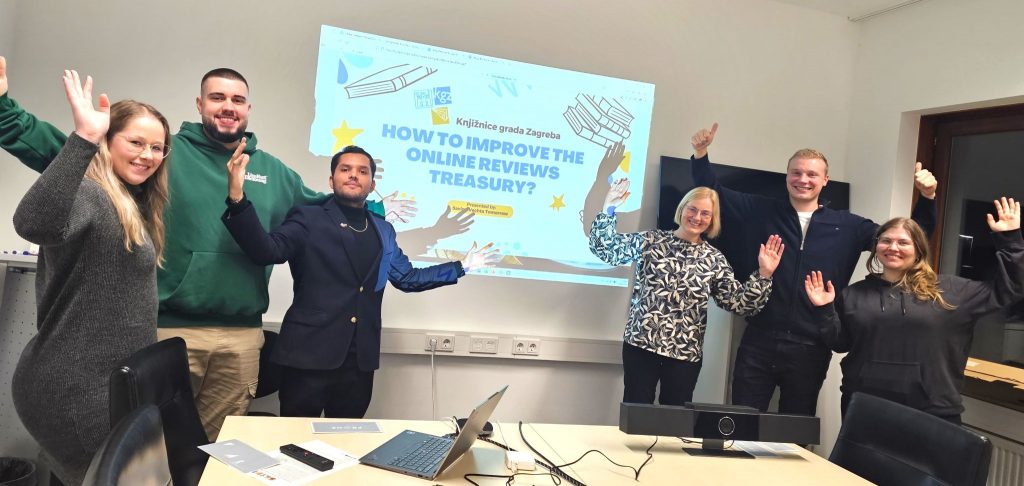
“The solution of the Saving Vechta Tomorrow student team to improve the online appearance of the Reviews Library on City of Zagreb Libraries website, is visually and content-wise appropriate for children and young people of today’s digital age. We believe that the examples they provided for creating a playful, colorful and interactive design modeled on the Netflix pages, would attract children’s attention and curiosity, and encourage others to join us in writing reviews. If we could update our interface to more social media interfaces and gamified content, as Saving Vechta Tomorrow suggested, we are sure that we would be more successful in encouraging children to explore the Reviews Library in an organic way. Finally, we believe that the new design would not only increase reviewers and readers on a local level, but also national, which would support us as librarians in our small contribution in building a better society.” – Majda Bakić, Zagreb City Libraries, Dugave Library
The students will receive a money prize and also the community partner will receive a sum to help realizing the solution that the students designed. Zagreb City Libraries will use the funds to print bookmarks that include QR codes linking to both the Reviews Treasury and the SLIDE Erasmus+ project. By including QR codes for both platforms, the bookmarks would serve as a practical and engaging way to promote reading, inspire book discussions, and introduce young readers to these valuable resources.
“We believe promoting the Reviews Treasury among younger audiences outside Dugave Library would increase visibility significantly, which might, in turn, lead to a future redesign of the platform as suggested by Student Team Saving Vechta Tomorrow.” – Research &Development Department, Zagreb City Libraries
A big shout out to all student teams participating in the Social Hackathon. We thank you for your great effort and enthousiasm. Each proposed solution was of great relevance and will help the community partners to improve their own activities. YOU CONTRIBUTED TO REAL SOCIAL CHANGE! ✊
A little impression
Check out the video of the SLIDE Social Hackathon to feel the atmosphere of the day!


Comments are closed